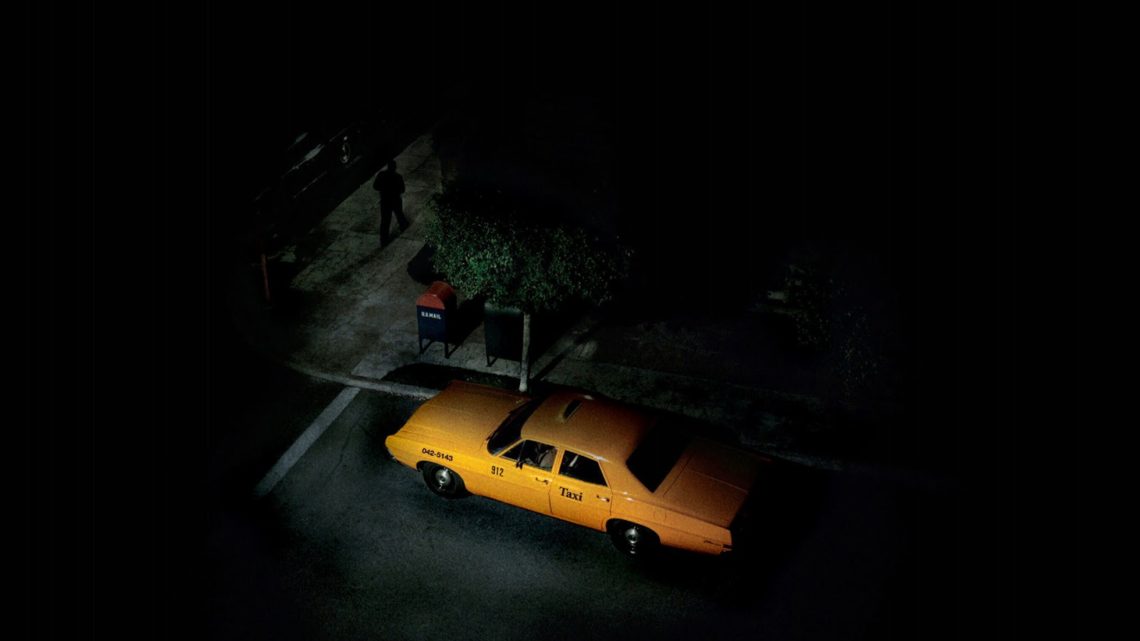Arguably, no single person has been a bigger influence on the horror genre than real-life serial killer Ed Gein. Over the years, some biopics of questionable quality have been made about his life, but his influence is felt deeper in some of the greatest pillars of the horror canon. Little bits and pieces of his horrific, sadistic, and idiosyncratic propensity for murder can be found in the killers of Psycho, The Texas Chainsaw Massacre, and The Silence of the Lambs. The real-life horror of Ed Gein echo through the screen as an extension of a greater American nightmare, reflecting the morbid curiosity of audiences but also their apprehension about facing that fear head-on.
Horror movies based directly on a true story are few and far between. There is a discomfort in exploiting the death of people for cheap scares, so most films shy away from the ethical minefield entirely. Films like The Blair Witch Project and Cannibal Holocaust falsely claim to be based on truth but are entirely fictionalized, and sit better with most audiences: they toy with the depiction of real-life crimes without the problem of exploiting people’s deaths for ticket sales.
These 10 films, based on crimes and real cases of supernatural occurrences vary in how closely they follow real-life events. Some are fairly rigorous in their treatment of reality; most use the true story as a springboard for a mostly fictionalized tale. In any case, the seed of inspiration for each of these films is found in the real-life murderers and horrors that haunt us.
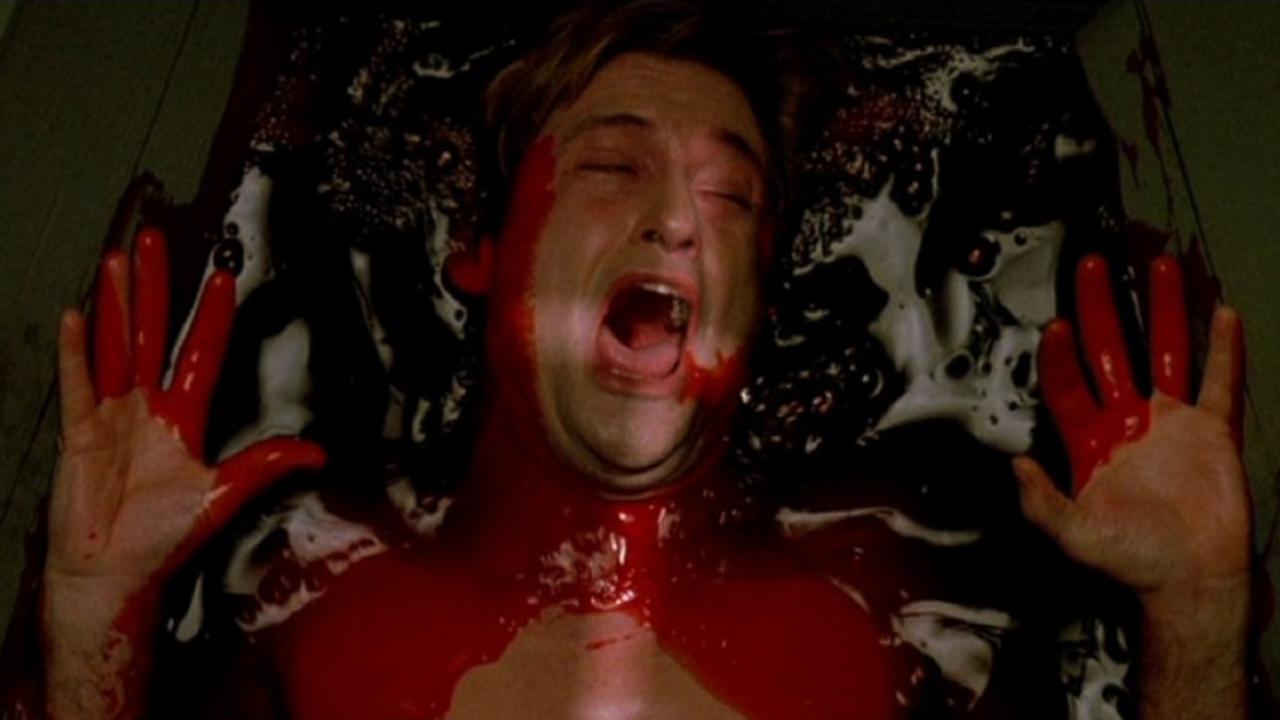
- The Serpent and the Rainbow (1988)
Inspired by the diaries of Canadian ethnobotanist Wade Davis’ non-fiction account of zombies in Haiti, this is one of Wes Craven’s best films. It centers on a scientist’s investigation of a bizarre murder and resurrection in Haiti, while working for a pharmaceutical company that believes an herbal drug may be the key. One part story about corporate evils and two parts bizarre psychedelia, The Serpent and the Rainbow is really unlike any other horror movie. Bill Pullman turns an unusually charismatic performance as a curious skeptic, and unlike many of the films on this list, Craven keeps things ambiguous as to whether any supernatural forces are really at work. If anything, the film suggests what we think defies normal explanation may very well be real and rooted in the natural world, perhaps a far more disturbing prospect.
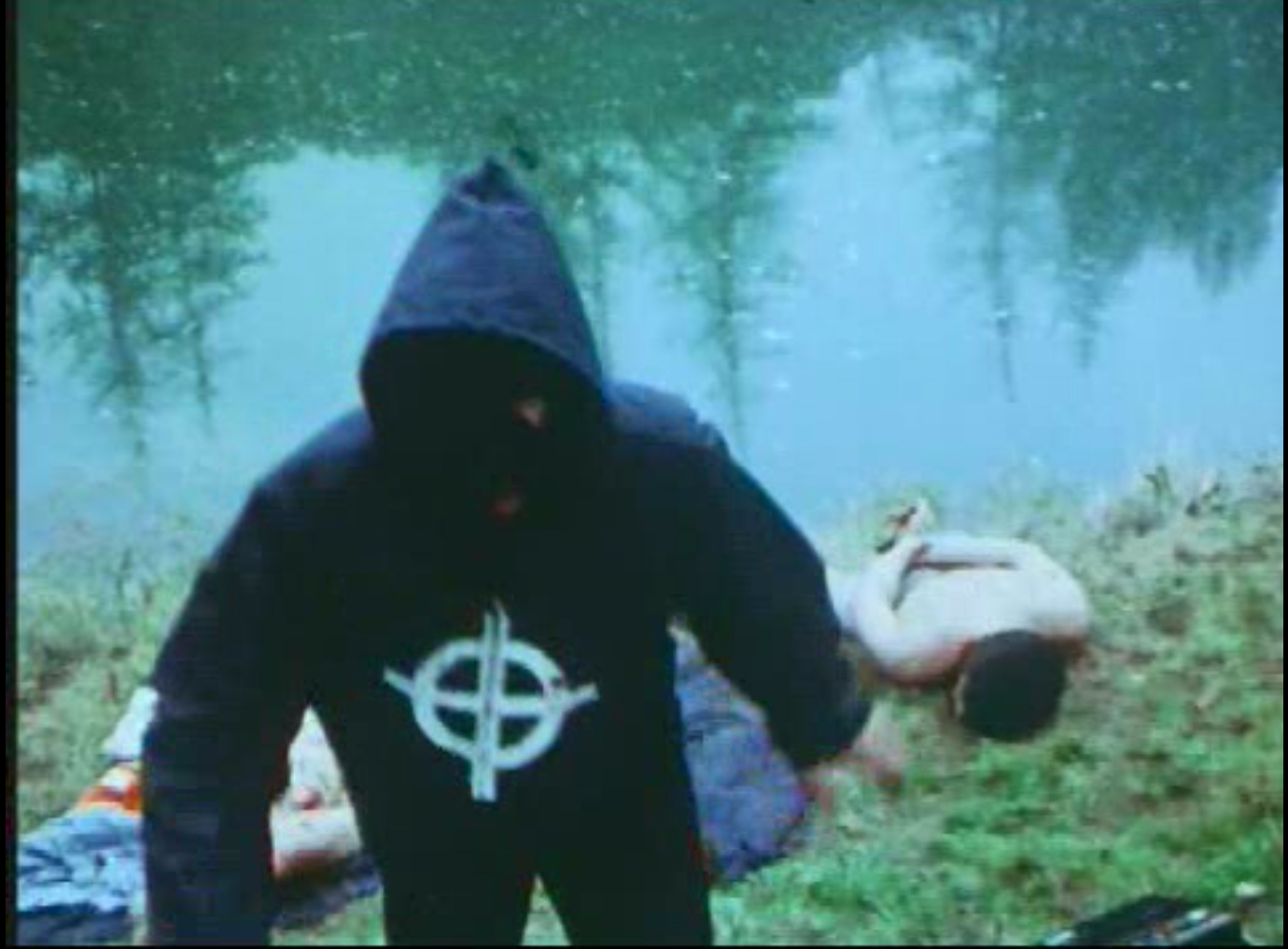
- The Zodiac Killer (1971)
The Zodiac Killer brings together the mondo spirit of exploitation in its timely retelling of the Zodiac killings. Fresh in people’s minds in 1971, with a number of suspected Zodiac murders as recently as 1970, the film approaches with crude cynicism the darker side of the human spirit. As slick as David Fincher’s interpretation is in his 2007 film on the same killings, this movie is rough and dirty built out of rushed practicality. The film lacks any sensitivity towards prospective victims and suspects, offering a brutally uncouth representation of murder that nearly revels in bloodlust. The film doesn’t build suspense and the blaring horn-heavy soundtrack works against creeping dread, but its outright misanthropy that builds towards an eerie, fear-mongering conclusion weighs on your shoulders and rots at the bottom of your gut. With the Zodiac killer still very much on the loose, the film decides to double down on its creeping cynicism by suggesting that the only solution is to give more power to the state and do away with basic freedoms such as a fair trial and basic law and order.
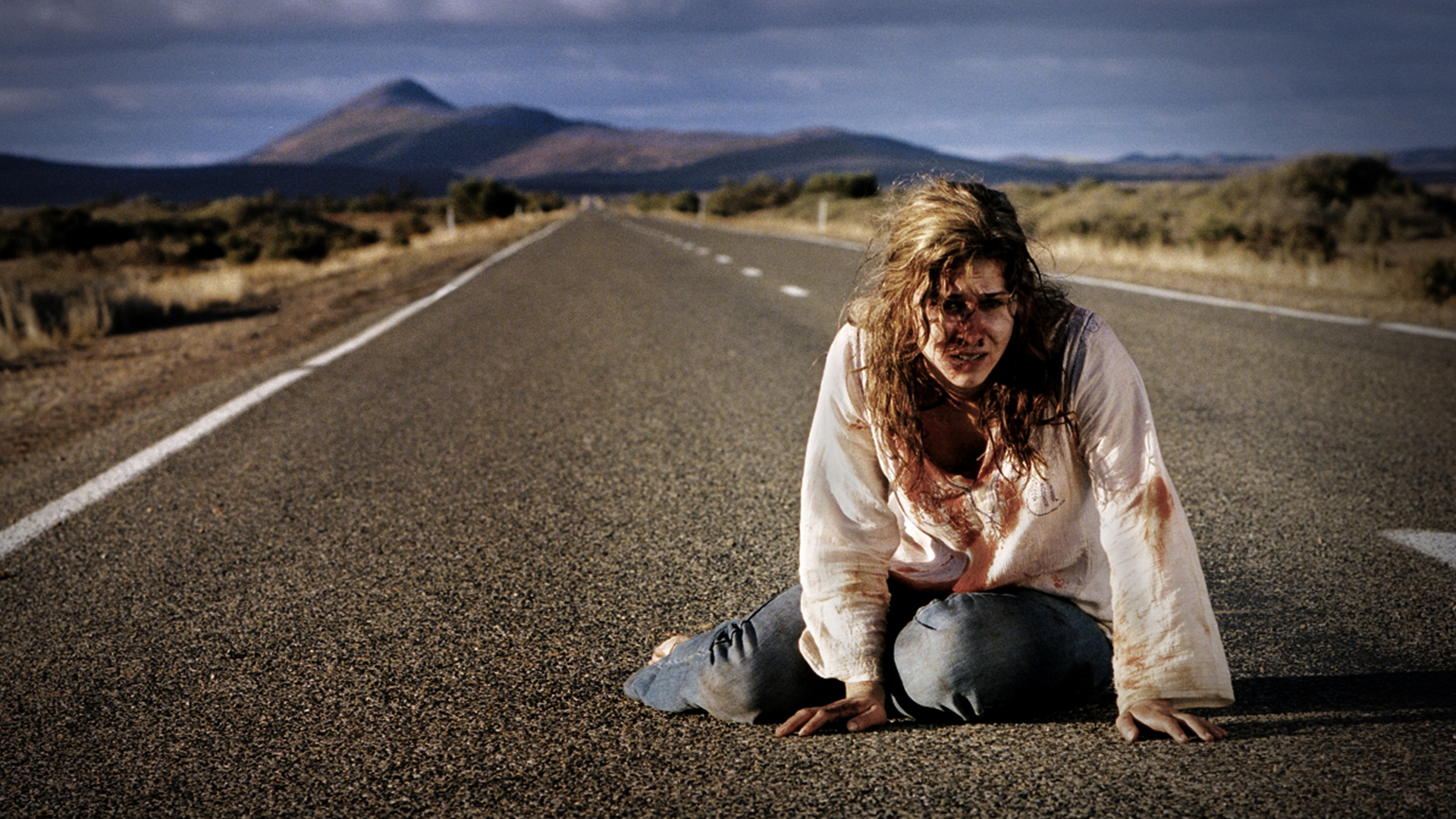
- Wolf Creek (2005)
Set in the Australian outback, Wolf Creek pieces together several real murders to imagine what might be happening to people who go missing in Australia every year. As with any country with a sprawling natural landscape, sick opportunists will prey on the uninitiated and vulnerable, knowing that it can be weeks, months, or years before anyone will realize they’re missing. The movie balances a wicked sense of humor and brutal violence to disturbing effect. Building on the anxiety of a broken-down vehicle in the middle of nowhere, the film teases out a number of difficult ethical situations before delving deep into blood and carnage. Undeniably, the film was made using the stylistic tropes of 1970s exploitation films – though, unlike many of them, Wolf Creek urges the audiences to intimately experience the pain of their characters. Exploitation, which prefers a more distant and even clinical gaze, is foregone for uncomfortable closeness that makes us complicit in the film’s striking violence.
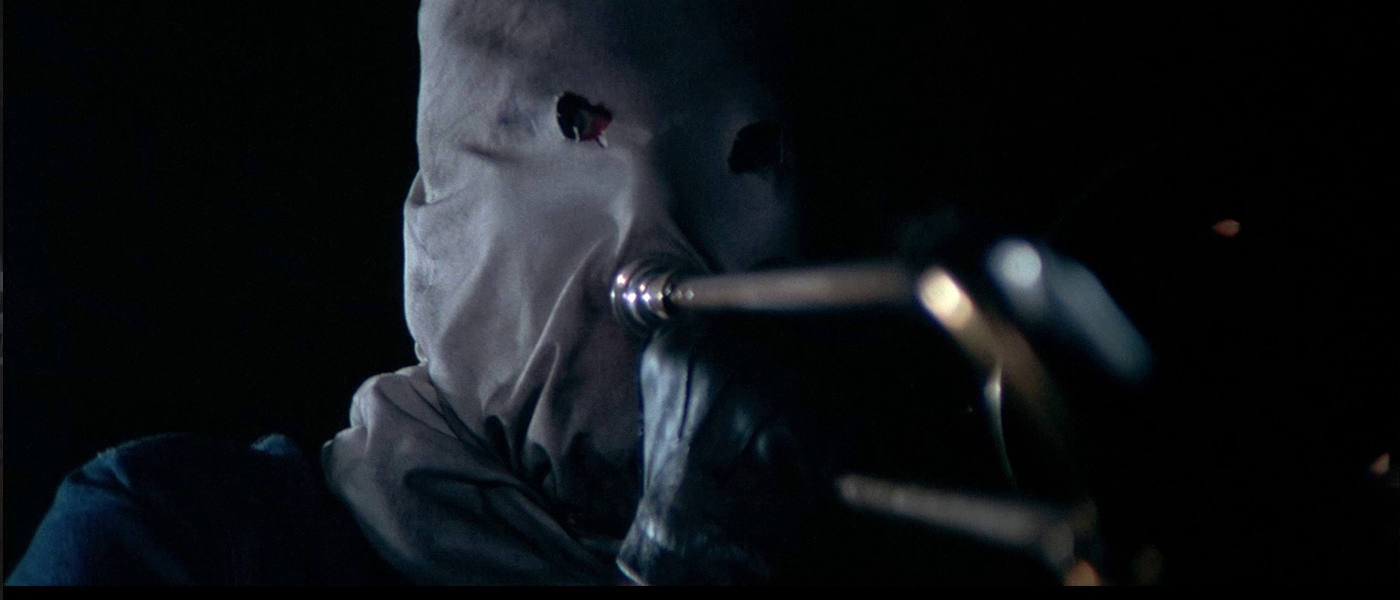
- The Town that Dreaded Sundown (1976)
While much of the film unfolds as a normal docu-crime drama, The Town that Dreaded Sundown veers into horror during the moonlit murder scenes, based on the murder spree committed in Texarkana, Arkansas in the spring of 1946. The crimes, yet unsolved, hold a number of similarities to the later Zodiac killers – including the killer’s preference for a cloth mask and the connection of his crimes to astrology (hence, the crimes are often called the Moonlight murders). The film creates a documentary atmosphere through a voice-of-God narrator adding context and guiding the film’s narrative, contrasted with the long, unfolding scenes of brutality and stalking on behalf of the killer. The randomness and sadism of the crimes that take place occasionally veer into the absurd (the killer infamously attaches a knife to a trombone and… you can guess what happens next) but the film retains its creepy vibe, as it focuses fetishistically on the laboured breathing of the killer through the burlap sack he wears on his head. That haunting inhale and exhale with his piercing blue eyes peeking out through the clumsily cut-out holes will haunt you for a very long time.
The movie is a part of a three-part “true story” trilogy by director Charles B. Pierce, which includes The Legend of Boggy Creek and The Evictors.
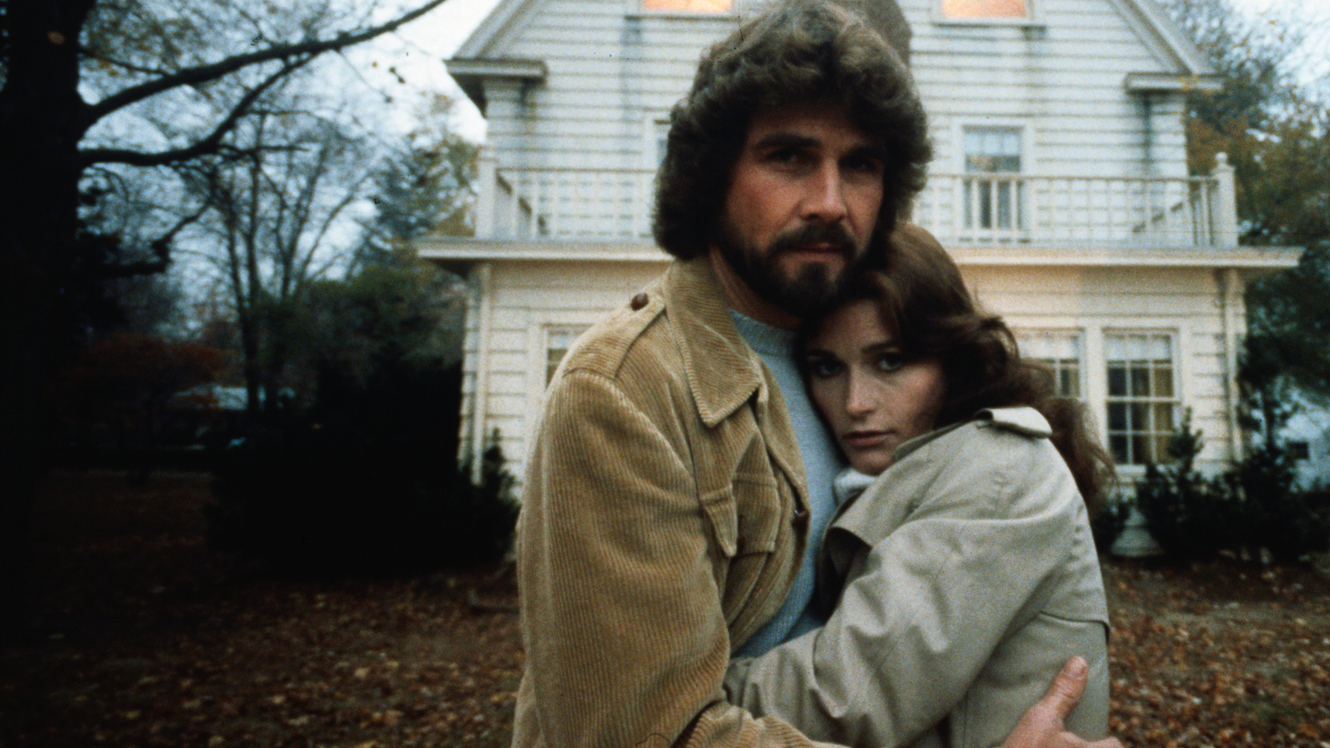
- The Amityville Horror (1979)
The horror at Amityville is perhaps the most famous American haunting of the 20th century. Splayed across the news, the much-publicized case was about the paranormal experiences of the Lutz family at their Long Island home. While the veracity of the claims has long been questioned, the mysteries of Amityville still have a hold in the popular imagination. Like many supernatural stories “based on a true story”, the 1979 film goes to some extreme lengths to recreate the paranormal activity apparently borne out of murders that took place in the Lutzes’ Amityville home before they moved in. Drawing on the tension between faith and agnosticism, the horrors in the home test the less faithful George, who finds himself particularly targeted by the otherworldly entities. At its best, the film draws on the stresses of uprooting your life and starting over, a common theme in true and cinematic stories of active paranormal entities.
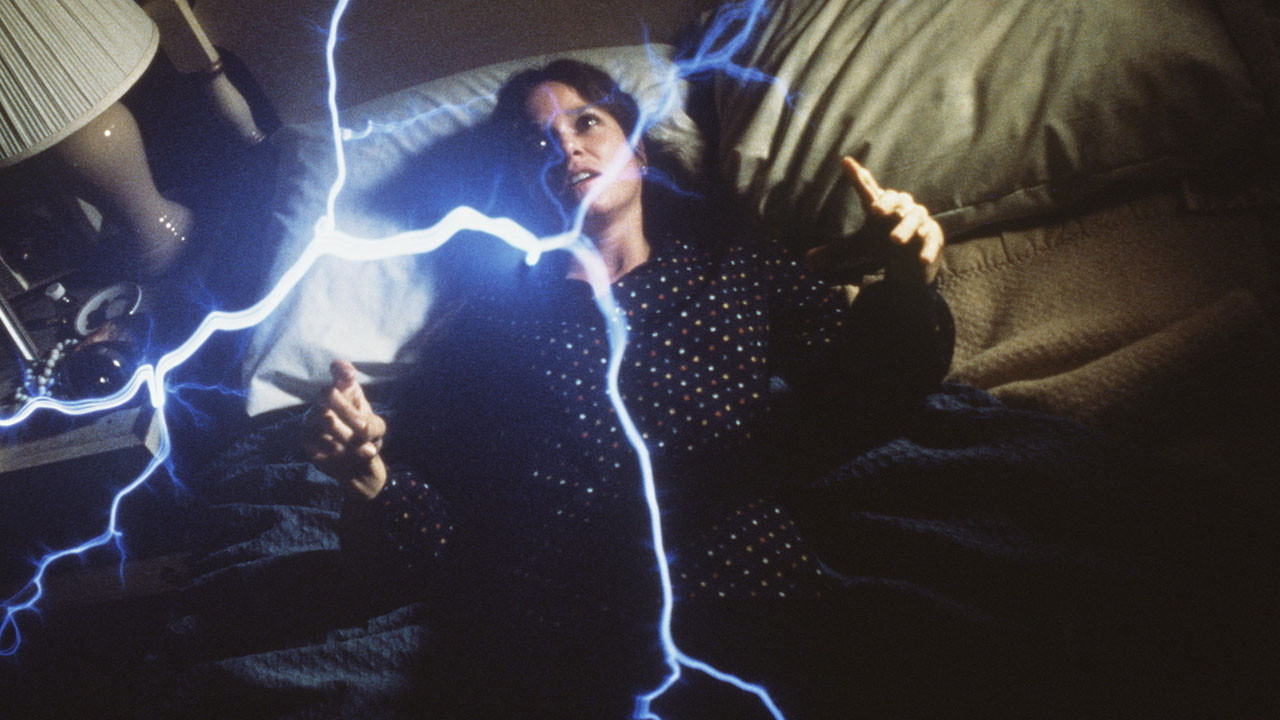
- The Entity (1982)
Among the most unnerving films about domestic violence ever committed to screen, The Entity opens with a violent rape by an invisible assailant. One of the most studied examples of paranormal activity in the contemporary era, Carol, a single mother, is repeatedly attacked by an entity and there seems to be nothing to do to stop it. With multiple witnesses and continually escalating violent and sexual attacks, the film drips with existential dread. Barbara Hershey’s central performance is harrowing, as she showcases a strong woman slowly broken down by inexplicable violence. Rather than being tied down to a particular place, the otherworldly force has attached itself to her. The sensitivity of this adaptation speaks volumes for all involved. Rather than revel in the visual effects and the enticing magical possibilities of the supernatural, the movie suggests that whether or not Carol is really haunted,violence and abuse have a way of echoing through people’s lives and experiences. Unlike most of the other cases of “true” supernatural reports, Carol’s circumstances are tragic and haunting regardless of whether or not ghosts exist.
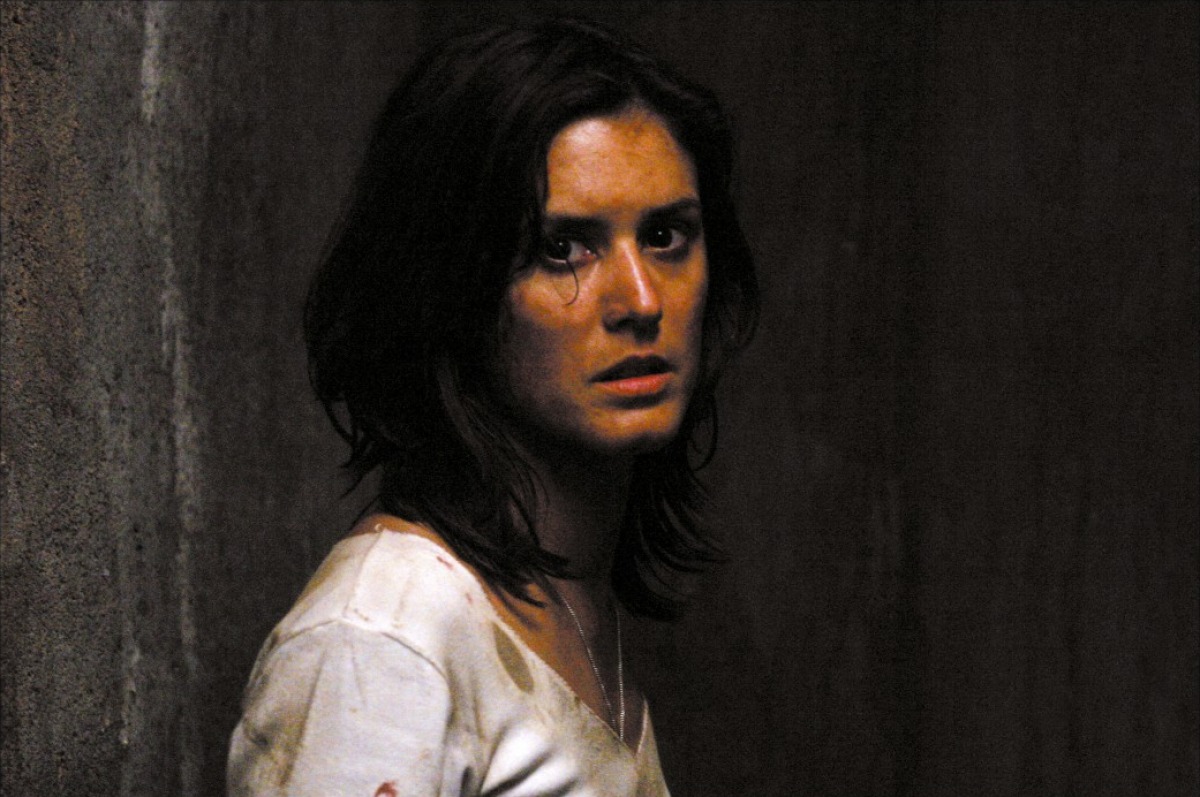
- Ils (2006)
Based on the true story of a couple terrorized by teens in Romania, Ils takes place in an isolated and idyllic mansion near Bucharest. It’s a bare-bones home invasion film that works better than most, a true sense of entrapment forcing some incredibly tense scenes. Drawing, on the most primal level, of being trapped in the woods, Ils digs deep into the paranoia of being helpless to defend yourself. The movie draws on the anonymity of the aggressors and the still-unfamiliar energy of their home to draw out the suspense. Playing on a number of common fears, such as abandonment, claustrophobia, and eye-violence, Ils overcomes the conceited tropes that usually plagues the home invasion film. The intimacy of the central relationship keeps the film small and personal, making the senselessness of the violence all the more harrowing.
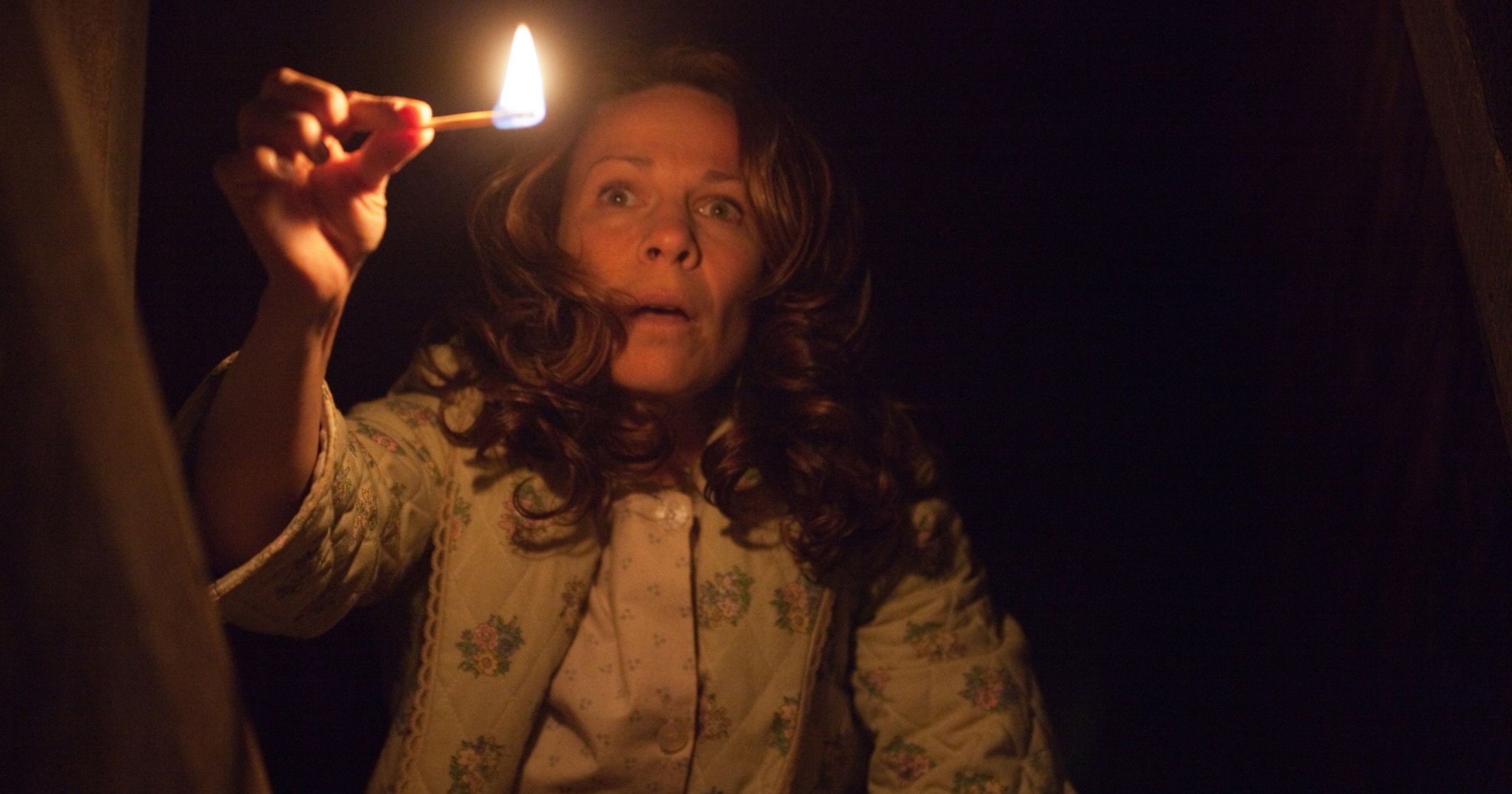
- The Conjuring (2013)
Horror films based on a true supernatural story occupy a strange space in the depiction of reality and James Wan, a consummate stylist, errs on the side of Ed and Lorraine Warren – who, for the lack of a better word, are frauds – for the sake of cinema. It’s worth noting that many cases the Warrens have been involved with have been exposed as fabricated. They were also sued over the 2006 book The Devil in Connecticut, by one of the brothers who said, “The Warrens told my family numerous times that we would be millionaires and the book would help get my sister’s boyfriend, Arne, out of jail. I knew from day one it was a lie, but as a child, there was nothing I could really do about it.” Strange things likely did happen in the Rhode Island house occupied by the Perron family in the early 1970s, it’s just unlikely it was ghosts. That aside, The Conjuring earns a high spot on this list not necessarily for its faithful interpretation of truth but its solemn capture of familial unrest. The Conjuring creates, through roving cameras and increased claustrophobic tension, a sense of the kind of family that may be haunted by violence – though not necessarily the supernatural kind. Ghosts and demons serve as physical manifestations of festering unrest and domestic anxiety. While the dangers of unreality are waging a war across the American election, Wan presents a surprisingly tasteful and nuanced interpretation of the real unreal.

- Henry: Portrait of a Serial Killer (1986)
Hard-hitting and brutal, Henry: Portrait of a Serial Killer feels unusually intimate for a horror film. Not only does the 16mm film lend a certain closeness, but the performances, which feel drawn from a more restrained Cassavetes production, are raw and authentic. What edges it above most films based on a true story is that, rather than aloof detachedness, it ops for disconcerting intimacy. When any other filmmaker would draw back, or push towards artificiality, John McNaughton opts for something interior. Inspired by the real-life murders of Henry Lee Lucas and Ottis Toole, the film tackles horror without rhyme or reason. Henry, especially, finds pleasure in murder, which validates his otherwise directionless life. Not motivated by normal social pressures and ambitions, his mundane and ordinary nature run contrary to the often dehumanizing representation of men who kill – representing them as either animals or Gods, somehow apart from humanity. To face Henry as someone ordinary is to face that his capacity for murder is not exceptional to evil. The film was recently re-released theatrically in limited cities and on DVD, reinvigorating its cult status.
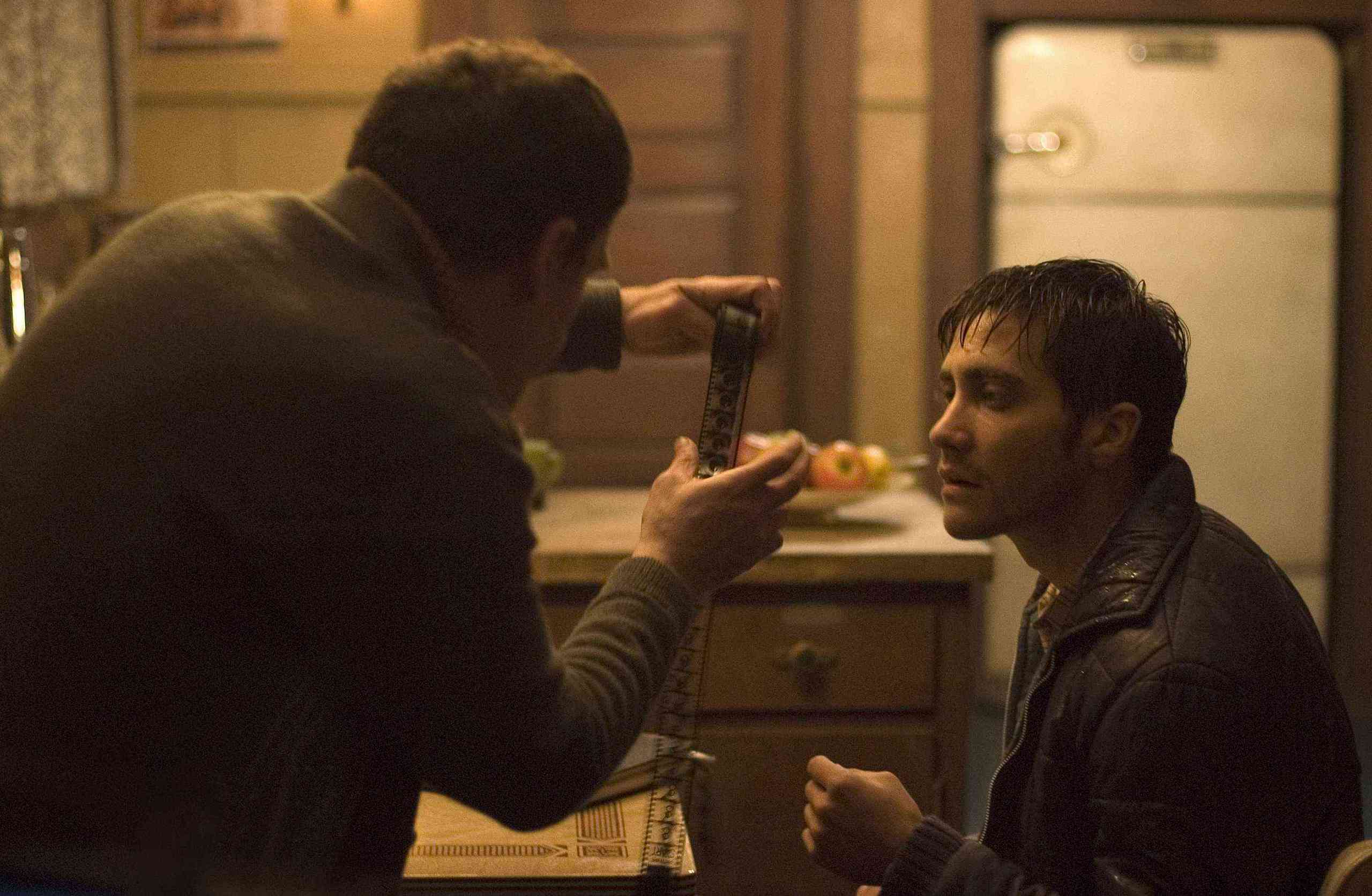
- Zodiac (2007)
Based on the Zodiac killings, the film balances the line between thriller and horror. Overall, Zodiac gets the edge towards horror for its pervading sense of dread and meticulous recreation of the Zodiac killer’s murder sprees. Infused with an ever-growing sense of paranoia, San Francisco Chronicle political cartoonist Robert Graysmith loses himself and his sense of well-being as he tries to piece together evidence to find the infamous killer. David Fincher’s meticulous attention to detail and harrowing use of silence creates an unnerving atmosphere of uncertainty. While focused on the minutiae of piecing together a case from nothing, the film serves emotional trajectories more than facts. As much as the film is about the events surrounding the Zodiac killings, it’s about one man’s journey into the unconscious realm where he changes from bright cartoonist into obsessed conspirator. Deep in the film, as Robert seems to have lost everything, he finds himself investigating on a rainy night as he visits Bob Vaughn, who worked as an organist at same movie theatre as one of the Zodiac suspects. The scene might be one of the best works of horror in contemporary cinema, a succinct meeting of suspicion and paranoia that challenges an audience’s need for closure.

















